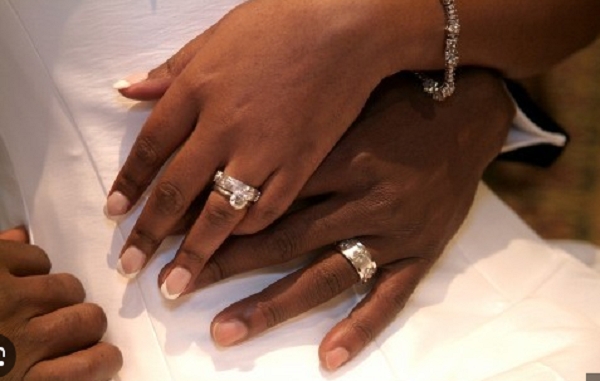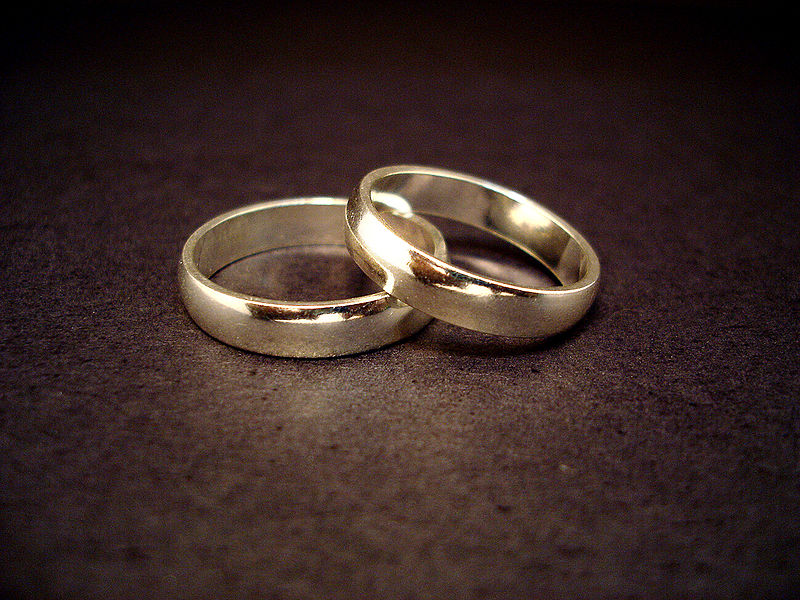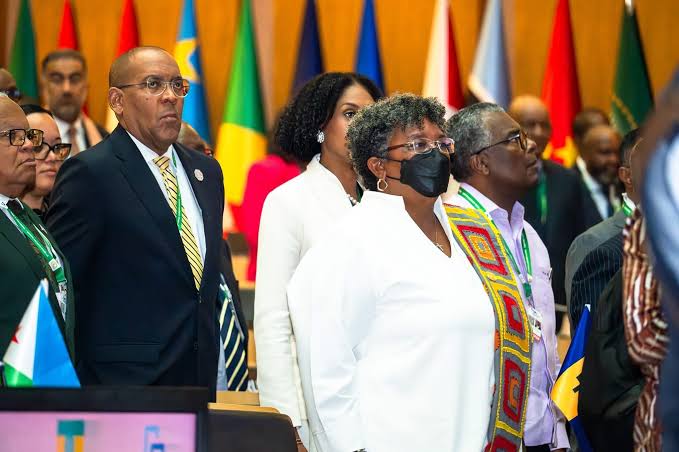
Faith Nyasuguta
South Africa’s Constitutional Court has handed down a landmark ruling allowing men to adopt their wives’ surnames, striking out a colonial-era law that barred them from doing so. The decision, which follows a legal battle by two couples, is being hailed as a milestone for gender equality and personal freedom in the country.
Until now, South African law automatically assumed that a wife might take her husband’s surname, but denied husbands the same option. That unequal treatment was embedded in the Births and Deaths Registration Act, which dates back to white-minority rule and reflected imported European norms rather than African tradition. Parliament must now amend the Act and its regulations to give full effect to the court’s judgment.
The ruling arose from the experiences of two men: Henry van der Merwe, who was refused the right to take his wife Jana Jordaan’s surname, and Andreas Nicolas Bornman, who wanted to hyphenate his surname with that of his wife, Jess Donnelly-Bornman. Both couples challenged the law in a lower court and then sought confirmation from the Constitutional Court.

In its judgment, the court described the surname restriction as a “colonial import” amounting to gender-based discrimination. It pointed out that in many African societies women traditionally kept their birth names after marriage and children often took their mother’s clan name. Those customs, the justices said, were altered by European colonisers and Christian missionaries who imposed Western values and patriarchal legal frameworks on local cultures.
“The custom that a wife takes the husband’s surname existed in Roman-Dutch law, and in this way was introduced into South African common law,” the judgment read. “This custom also came into existence as a result of legislation that was introduced by countries that colonised African countries south of the Sahara.”
Although South Africa has made “significant advancements” in gender equality since the end of apartheid in 1994, the court said remnants of discriminatory laws and practices still survive. Removing them, it argued, is essential to dismantling harmful stereotypes about men and women’s roles within marriage.

Interestingly, the government itself did not oppose the couples’ challenge. Both the Minister of Home Affairs Leon Schreiber and the Minister of Justice and Constitutional Development Mamoloko Kubayi agreed the law was outdated. The Free State Society of Advocates, a legal body, also joined the case in support, arguing that denying men a choice available to women perpetuates harmful stereotypes about masculinity and marriage.
By confirming that husbands have the same right as wives to choose a partner’s surname, the Constitutional Court has effectively rebalanced a long-standing inequality. Advocates hope the decision will spark further reviews of family laws still rooted in colonial or patriarchal traditions.
For couples like Van der Merwe and Jordaan or Bornman and Donnelly-Bornman, the ruling represents more than a change of paperwork – it is an affirmation that equality under the law includes the right to define one’s own identity within marriage.
RELATED:








